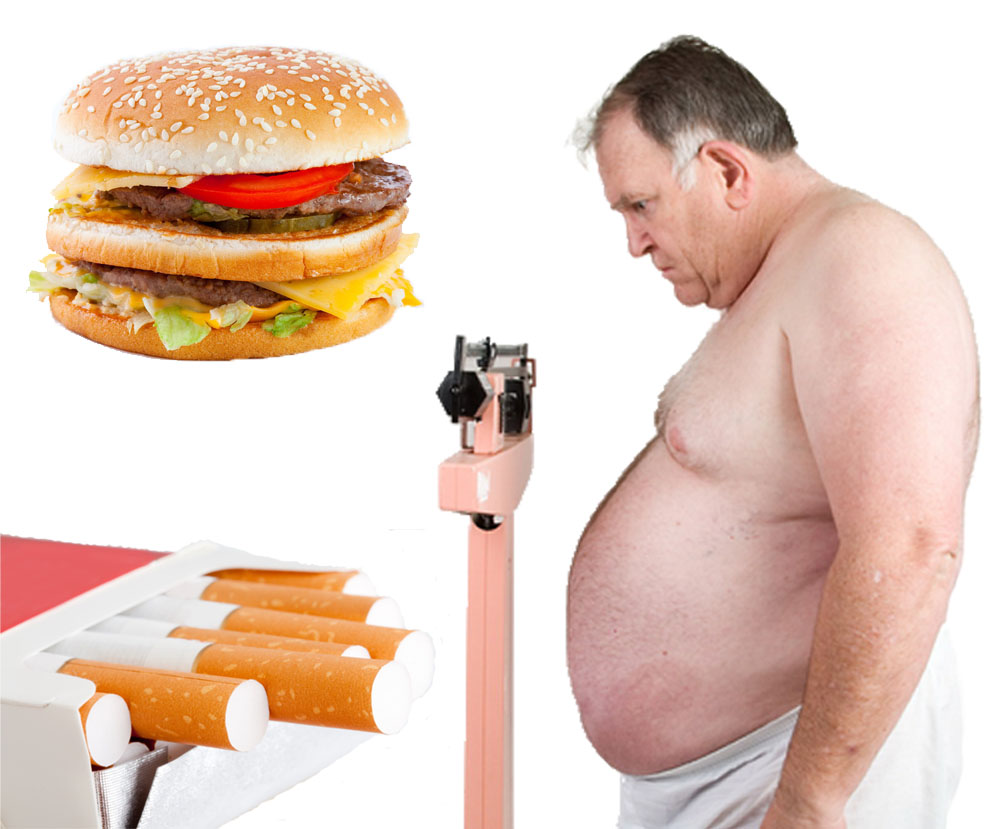The heart is a strong muscle that pumps blood to the lungs, other organs and tissues of the body. It helps supply the body, including itself, with nutrients and oxygen, and promotes elimination of wastes and carbon dioxide.
The heart obtains its own supply of oxygen from the blood, which circulates through the coronary arteries. However, this supply may be compromised when a condition called atherosclerosis leads to coronary heart disease, which reduces blood flow to the heart muscle. Coronary heart disease (or CHD) develops when cholesterol and fat in your blood accumulate and form plaques on the inner walls of your blood vessels (a process called atherosclerosis). Severe reduction in blood flow and oxygen supply damages the heart muscle, which leads to symptoms of heart disease.
Causes and Risk Factors of Coronary Heart Disease
Causes of Coronary Heart Disease
 These factors may be the causes for coronary heart disease:
These factors may be the causes for coronary heart disease:
- Cholesterol is a type of fat produced by the liver from saturated fats in the diet. Although cholesterol is important for healthy cells, too much of it in the blood can lead to heart disease. Low-density lipoproteins (LDL) or bad cholesterol is a type of cholesterol that builds up on the inner walls of your coronary arteries and increases your risk of CHD.
- High blood pressure strains the heart and increases your risk of CHD. Chronically high systolic pressure (140 mm Hg or greater) during heart contractions or a high diastolic pressure (90 mmHg or greater) between contractions signals an abnormal blood pressure, which can lead to heart disease.
- Smoking is known as a major factor that puts stress on the heart, increases the risk of developing blood clots and damages the arteries. Smokers increase their risk of heart disease by about 24 percent.
- Diabetes. High blood sugar levels may lead to diabetes, a chronic disease that can, in turn, increase your risk of developing heart disease. Diabetes can make the inner linings of the blood vessels become thicker, thus restricting blood flow to the heart.
- Thrombosis. Blood clots that form within your coronary artery (thrombosis) will cause the blood vessel to narrow and prevent the flow of blood to the heart muscle. This usually occurs at the same site where atherosclerosis is present, which may eventually lead to a heart attack.
Risk Factors of Coronary Heart Disease
These factors increase your risk of CHD:
- Not taking regular exercise
- Being overweight/obese
- Having a strong family history of heart disease – your risk increases if you have a first degree male relative who developed CHD before the age of 55 or a female relative who developed the disease before 65
- History of receiving radiation therapy on the chest
- Drinking alcohol excessively
- Chronic stress or depression
Diagnosis for Coronary Heart Disease
Your doctor will evaluate your medical history, physical examination and laboratory tests to determine if you have heart disease. Tests may include:
- Blood tests to check your blood cholesterol, sugar and protein levels.
- Electrocardiogram (ECG) to measure the heart's electrical activity.
- Echocardiogram to view the inside structure of the heart and observe its pumping action under stress, such as while walking on a treadmill.
- Chest X-ray to obtain an image of the heart and lungs.
- Radionuclide test which helps observe blood flow through the heart.
- Coronary angiogram helps view the heart arteries to see any blockages.
- CT scan helps measure calcium in the arteries, which may indicate CHD.
- MRI scan, which uses radio waves and magnets to make detailed images of the heart and detect heart disease.
- Electrophysiological test, which records the electrical activity of the heart upon stimulation with a guided catheter.
Treatments for Coronary Heart Disease
 Treatments for heart disease may include:
Treatments for heart disease may include:
1. Medications
- Anti-anticoagulants to prevent formation of blood clots
- ACE inhibitors
- Beta blockers
- Calcium channel blockers
- Nitrates
2. Surgeries
Surgery may be recommended for:
- Acute coronary syndrome
- Unstable angina not responsive to medical treatment
- Recurrent and severe episodes of angina lasting more than 20 minutes
- Severe signs and symptoms of coronary artery disease (CAD)
Surgical procedures for coronary artery disease include:
- CABG or coronary artery bypass grafting, for patients with severe CAD
- Angioplasty, with stent placement, which is less invasive than CABG
The choice of procedure depends on the patient’s health status, personal choice, the number and type of coronary arteries blocked, previous procedures and more. The benefits and risks of these treatment options must be discussed with the doctor.
3. Lifestyle Changes
Medications or surgery alone does not cure the disease, and patients must maintain a healthy lifestyle to control the disease. Lifestyle changes must include a healthy diet, regular exercise and management of stress.
When to See a Doctor
Call 911 if you experience any of these symptoms, which may indicate a heart attack:
- Chest pain or angina, tightness, heaviness, burning, squeezing, aching, or mild pressure in the chest which lasts for 30 seconds or more. The pain in the center of the chest may radiate to the neck, jaw and left arm. The pain occurs during exertion and stops at rest.
- Shortness of breath
- Dizziness
- Choking sensation
- Irregular heartbeats
- A sudden increased intensity of angina
- Angina at rest
Prevention of Coronary Heart Disease
Reduce your risk of heart attack by living a healthy lifestyle:
- Do not smoke.
- Eat a healthy diet that is low in cholesterol, saturated fat, and salt.
- Do aerobic exercises for at least 30 minutes per day, three days a week.
- Lose excess body weight.
- Visit your doctor regularly to check on your blood cholesterol and blood pressure levels.
- Ask your doctor if it is advisable to take low dose of aspirin daily if you are at risk for developing CHD. Aspirin reduces the risk of developing blood clots, which helps reduce your risk of having a heart attack.
- Premenopausal women may want to discuss the heart benefits of taking estrogen replacement therapy with their doctors.
You may watch the video below to learn a more comprehensive idea of the Coronary Heart Disease:
